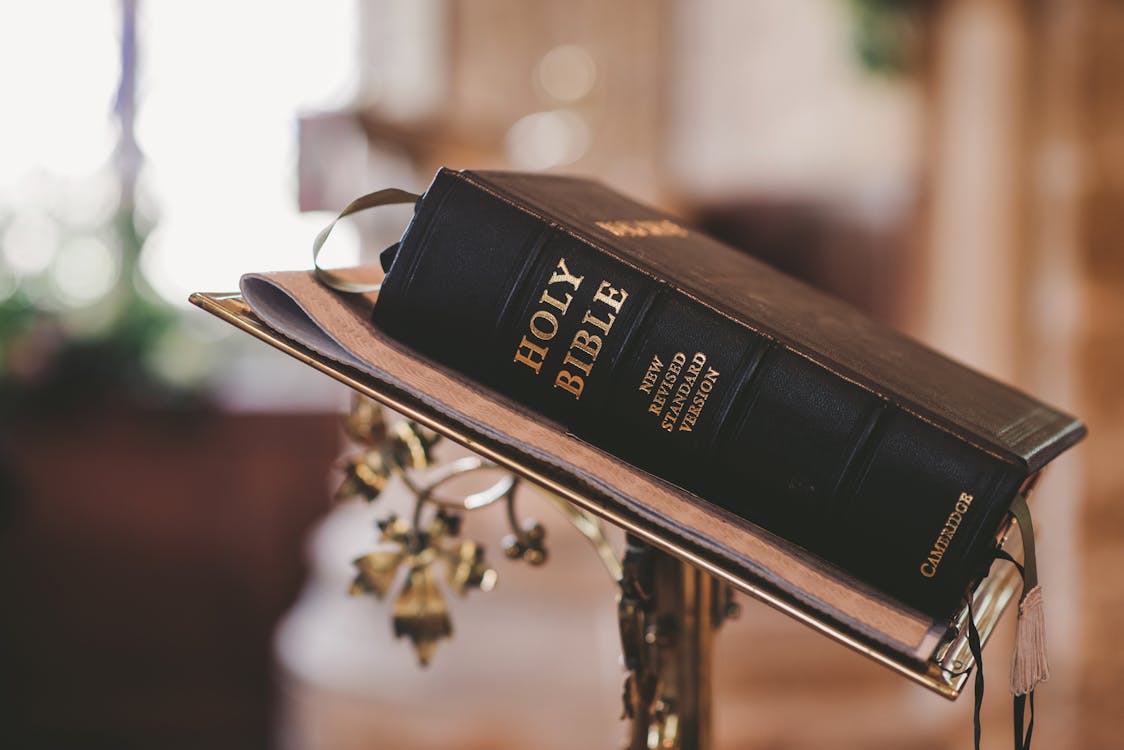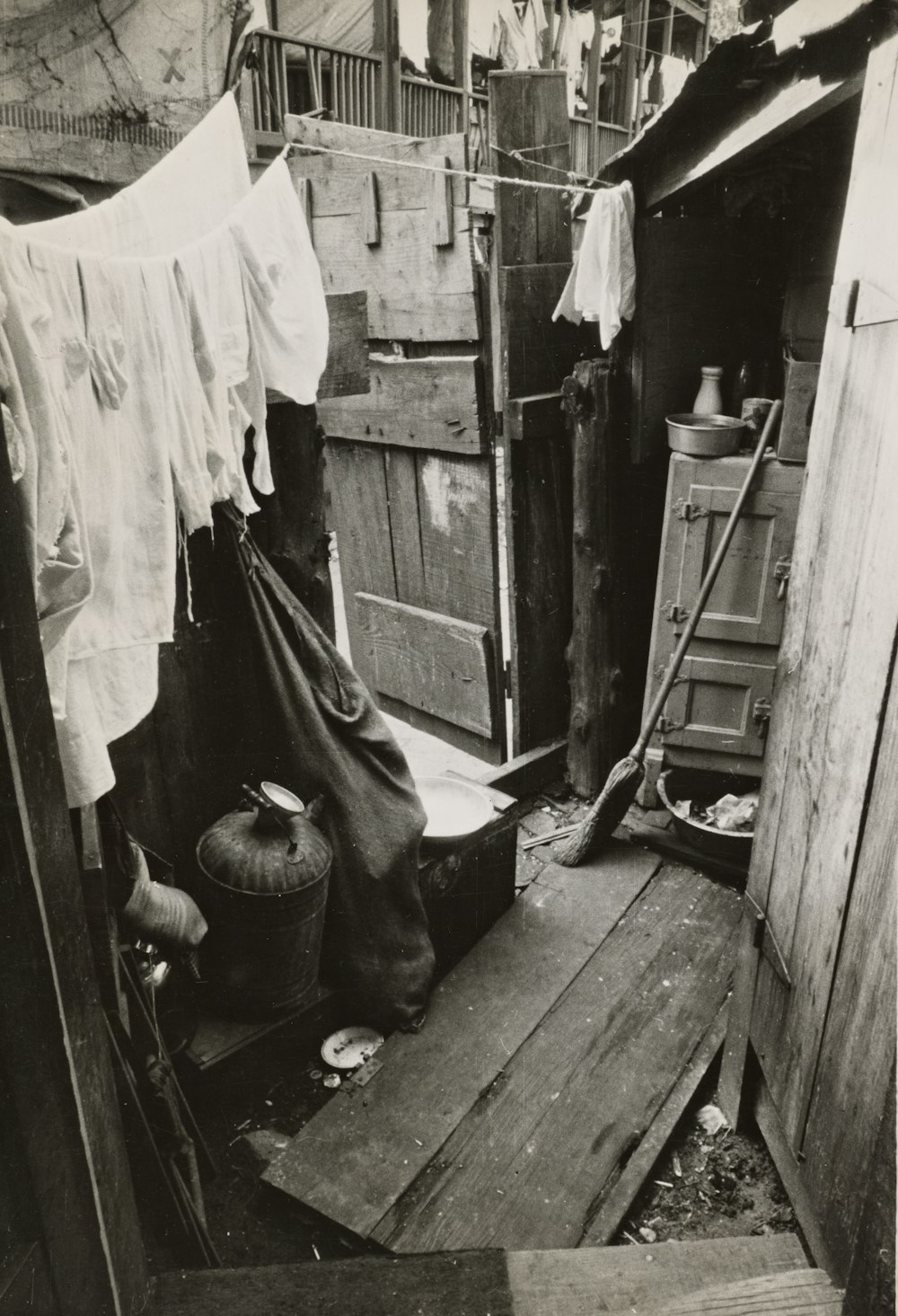We are delighted to share with you our library of resources. You can use the filter feature below to find topics most relevant to your curriculum.
Want to organise the resources you use most in one place? Register as a user to add content to your own Boards.
George Muller
A life filled with miracles
 Born in Germany in 1805, Müller was popular with the children in his school. But his friends were not a good influence. Together they were often caught, lying, stealing, gambling, and frequently getting drunk. Eventually, Müller, aged 16 years old, was caught by the police for stealing and spent nearly a month in prison.
Born in Germany in 1805, Müller was popular with the children in his school. But his friends were not a good influence. Together they were often caught, lying, stealing, gambling, and frequently getting drunk. Eventually, Müller, aged 16 years old, was caught by the police for stealing and spent nearly a month in prison.
Nothing changed when he went to Halle University until, when he was 18, he had become sick and tired of the way he was living. He decided to become a Christian. The change was dramatic and he was so keen to tell others, that very soon he decided to become a missionary.
In May 1829, he travelled to London for Bible training but after a few weeks became very ill. He was advised to move to the West Country to recover, and it was in Devon that the plans for his life changed yet again.
Here he married Mary Groves, and met Henry Craik, who was to become a lifelong friend. In Devon, both George and Henry served as pastors of small chapels and, unlike most pastors, they decided not to accept any salary. Instead, they asked God to supply their needs telling no one else about them.

In 1832, Mary, George and Henry moved to Bristol to share in the care of two large chapels there, and they followed this same principle there and did so for the rest of their lives. In 1834, Müller set up the Scriptural Knowledge Institution (S.K.I.) to provide practical support for missionaries.
Bristol had very poor sanitation. The water was dirty from terrible sewers. Soon after Müller arrived, the city was devastated by an epidemic of cholera, and many hundreds of people died. George and Henry visited the sick people, trusting God to keep them from catching the disease. So many people had died that there were hundreds of orphans with no one to care for them. Many were to begging in the streets. George Müller wanted to help, and it was this that started his life’s work for God.
George and Mary prayed about this great need for some weeks. They shared their concern with other Christians. Müller saw this as an opportunity to prove to the people of Bristol the reality of faith in God, who answers the prayers of those who trust him. Day by day more gifts of money arrived, some just a few pence, others hundreds of pounds. But Müller was determined never to get into debt.
ORPHAN HOUSE
They waited until £1000 had been given for an orphan home before he rented No. 6 Wilson Street. This was a large terraced house in the centre of Bristol.
The first Orphan House was opened on April 11th, 1836 for orphan girls aged 7 and over. Within a few weeks, this was filled to capacity with 30 girls and two Christian ladies to care for them. Müller was saddened to have to turn away younger orphans and so, six months later, he rented another house (No 1) in the same street, together with a piece of land for a playground. Within a month this house was furnished and opened for infant girls and boys.
In October 1837, Müller opened a third house (No 3 Wilson St.) for 40 orphan boys aged 7 or over. All Müller’s children were given good clothes to wear and enjoyed clean, warm homes. They were brought up to share in some of the household duties. They never went hungry although, unknown to them, the stocks of food frequently ran out. Day after day gifts were brought to the Homes, rarely more than enough for one or two days but never too little.
THE MIRACLE OF GOD'S PROVISION

The milkman, whose cart had broken down in the road outside and who needed to off-load the churns of milk to repair the wheel followed shortly after. Although resources were often stretched, Müller and all his staff continued to trust God, as this note from one of the Homes shows:
“With potatoes from the children’s garden and with apples from the tree in the playground (for apple dumplings) and 4s 6d the price of some articles given by one of the labourers, we have a dinner. There is much needed but the Lord will provide.”
AN ORPHAN HOUSE IN THE COUNTRY
With so many children in one city street, there were some problems. Neighbours complained about the noise at playtime and this lasted a long time since the one playground was only large enough to be used by the children from one home at a time. Occasionally the drains became overloaded, and the water supplies were inadequate. Müller also began to dream of open spaces with clean, fresh air and walks for the children, of gardens where the boys could grow crops and girls could hang out the mountains of laundry.
After praying about it for a long time, George Müller shared his ideas with other Christians, and a plan for the future began to unfold. Large gifts started to come in for the building of a new Orphan House. Müller was able to purchase seven acres of open land at Ashley Down on the outskirts of Bristol.
 THE MULLER LEGACY
THE MULLER LEGACY
George Müller died in 1898. Bristol had never seen anything quite like his funeral. Most shops and businesses closed, flags flew at half-mast, thousands lined the streets and 7,000 people were at the cemetery.
During his life, Müller received nearly one and a half million pounds. After his death, many expected the work to run down but, under the leadership of Christians with the same trust in God, the homes on Ashley Down continued to care for orphans. When the orphan work ceased in 1986 – almost 100 years after Müller’s death – almost 18,000 orphans had been cared for.
The work that George Müller started – bringing prayer and care together, to transform lives – continues today through Müllers. Click here to visit their website and discover more about this amazing organisation and the work they are doing both in this country and globally.
